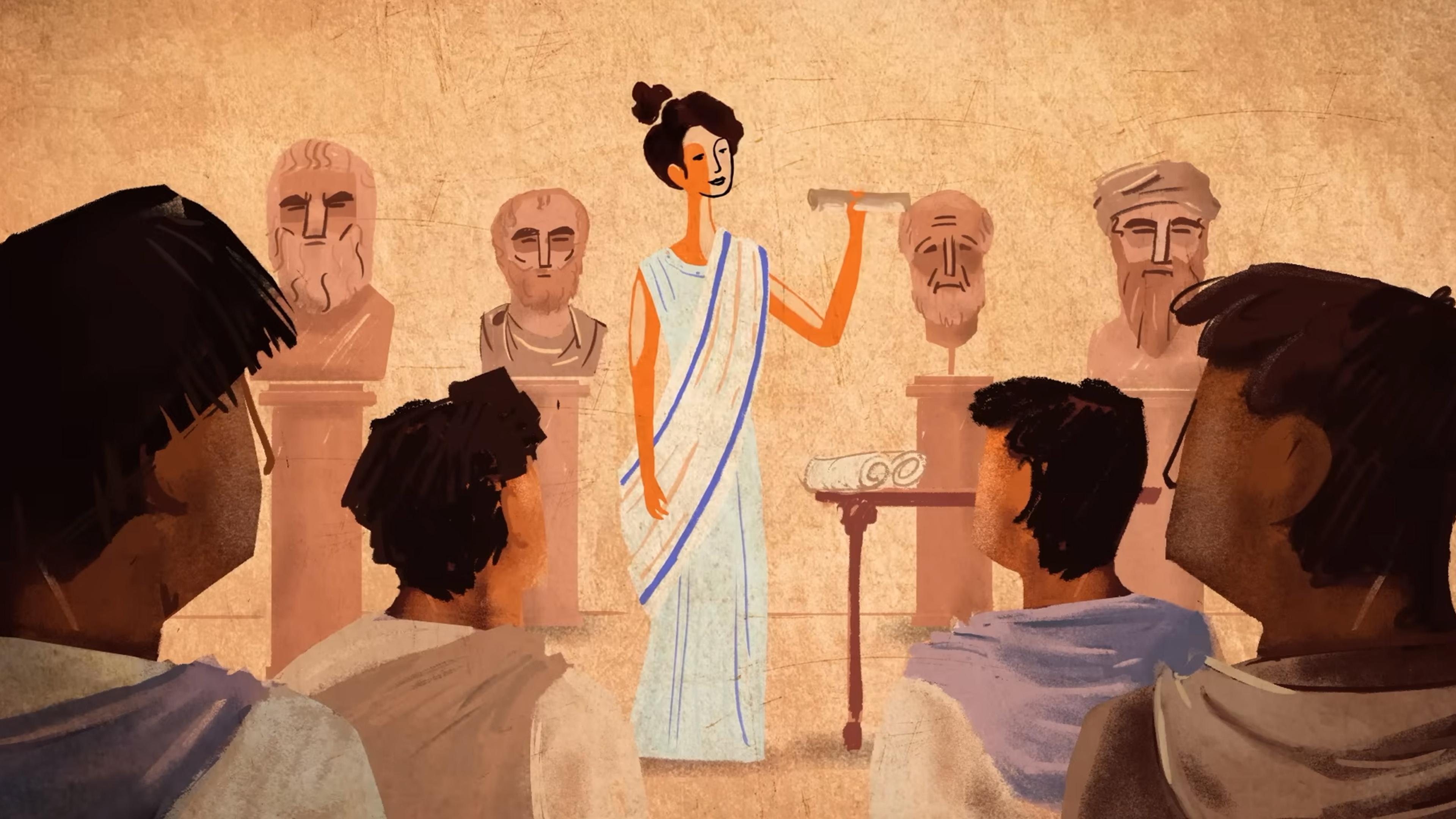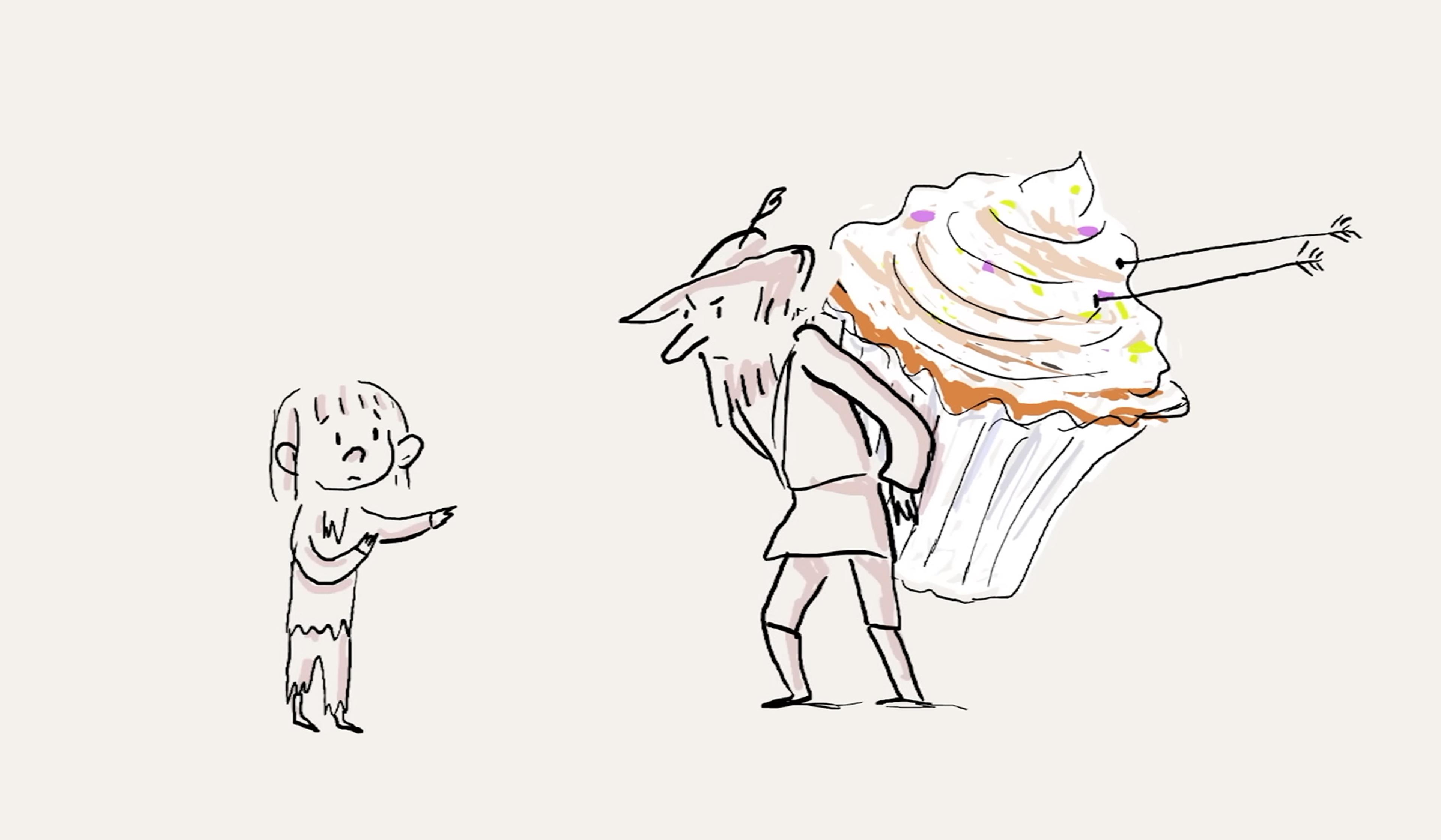How many monkeys is it worth sacrificing to save a human life?
Longstanding debates on the ethics of animal experimentation have become only more complicated with the rise modern medicine. Mounting evidence suggests that many more animals than previously known possess a sense of self, the ability to reason, and a capacity to suffer. Given what scientists have learned about the expansive inner worlds of nonhuman animals, to what extent can they justify experimenting on them for the potential good of humans – especially when the subjects are some of our closest relatives in the animal kingdom? A collaboration between TED-Ed and the Parr Center for Ethics at the University of North Carolina at Chapel Hill, this animation frames the debate around the ongoing US government-funded research for improved smallpox vaccines, which uses monkeys as test subjects. From this starting point, the video traverses the views of philosophers across the centuries on the moral status of nonhuman animals, set against their potential worth for human benefit.

video
Thinkers and theories
A rare female scholar of the Roman Empire, Hypatia lived and died as a secular voice
5 minutes

video
Architecture
The celebrated architect who took inspiration from sitting, waiting and contemplating
29 minutes

video
Rituals and celebrations
A beginner’s guide to a joyful Persian tradition of spring renewal and rebirth
3 minutes

video
Metaphysics
Simple entities in universal harmony – Leibniz’s evocative perspective on reality
4 minutes

video
Biography and memoir
The unique life philosophy of Abdi, born in Somalia, living in the Netherlands
29 minutes

video
Ethics
For Iris Murdoch, selfishness is a fault that can be solved by reframing the world
6 minutes

video
Death
A hunter’s lyrical reflection on the humbling business of being mortal
6 minutes

video
Love and friendship
After his son’s terrorist attack, Azdyne seeks healing – and his granddaughter
25 minutes

video
Art
More than breathtaking, ‘The Birth of Venus’ signalled an aesthetic revolution
19 minutes